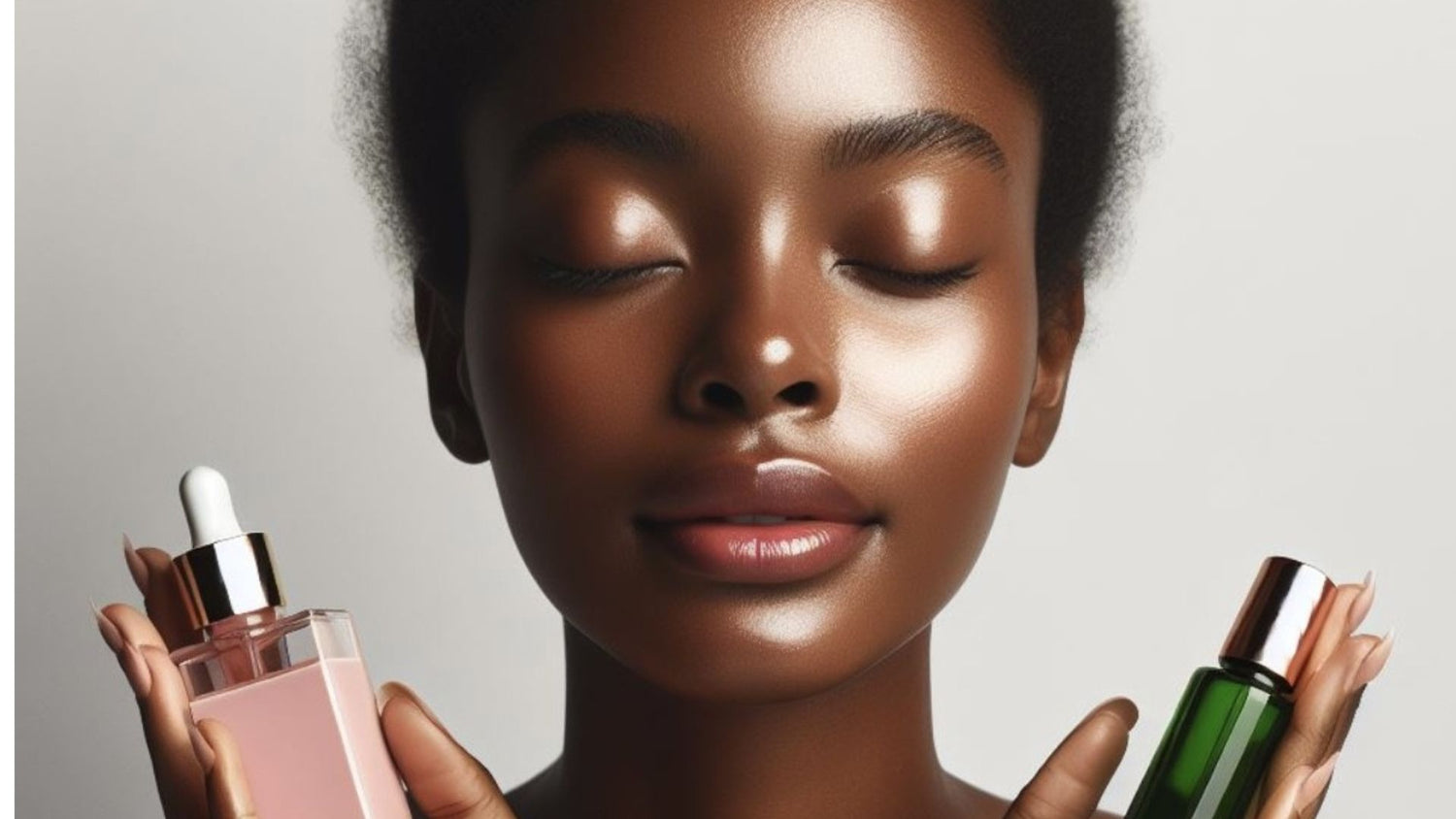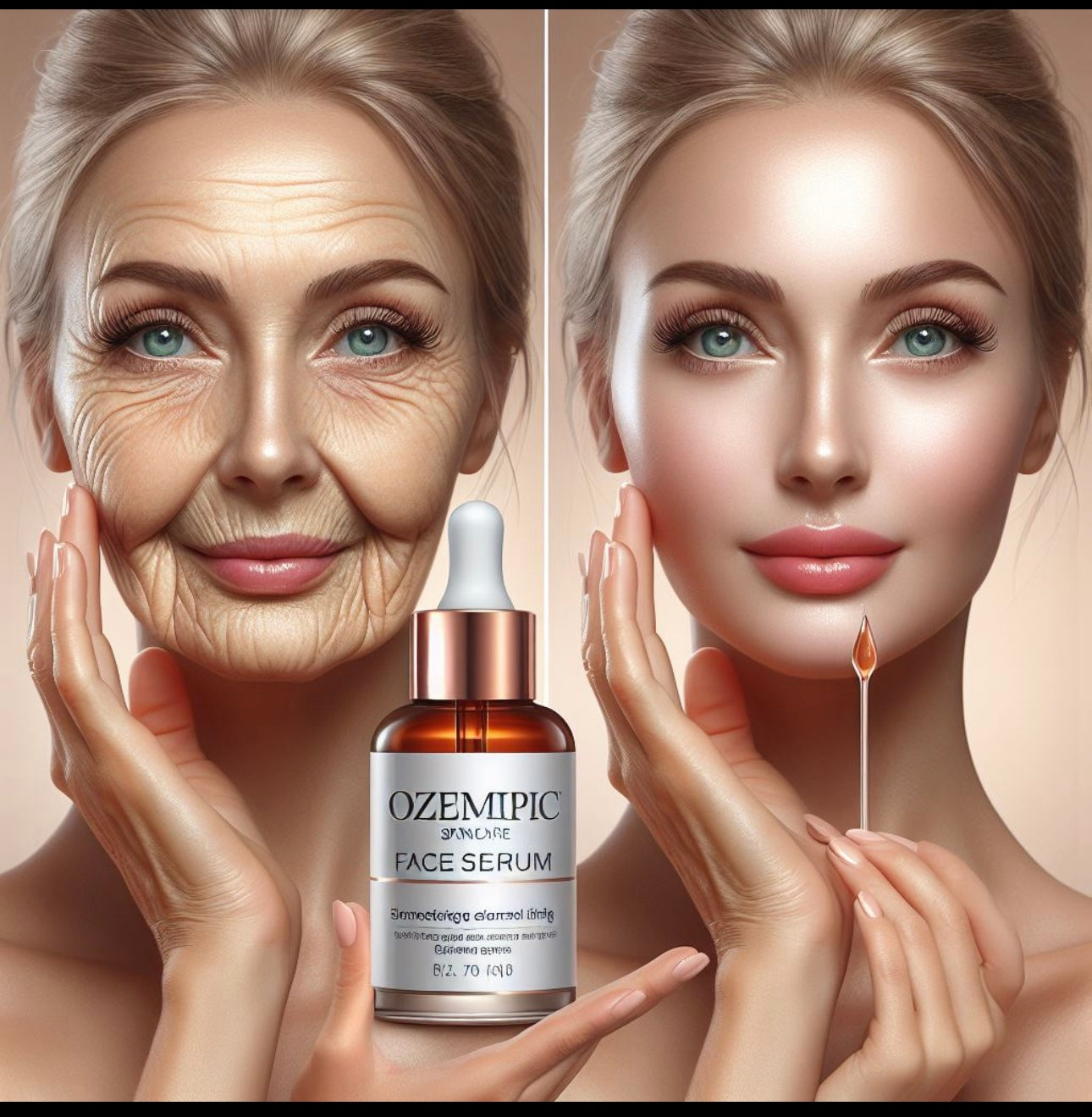Photo Courtesy of DrVita.com
In recent beauty news, it appears that some of your personal care products could be affecting your health. But, after reviewing the UFC-Que Choisir’s (the Western European nonprofit consumer association) article online, I believe their concerns are valid and their analysis of 66 products is accurate.
The “endocrine disrupters” (which affect hormone production) found in the products were preservatives, anti-bacterial agents, sunscreens and emollients. Levels of these disrupters were also determined.
Que Choisir wrote that they compared the level of propylparaben in Nivea Water Lily & Oil Shower Gel (0.00268%) to the Scientific Committee on Consumer Safety (SCCS) with the recommended maximum level of 0.00248%.
Que Choisir made some good points worth pondering:
1) Exposure concerns about using more than one product with the same “endocrine disrupter” chemical. For instance, Triclosan was found in Colgate Total Toothpaste and also in deodorant; increasing your exposure to Triclosan increases your risk.
Propylparaben was found in toothpaste, mouthwash, two shower gels, six body lotions, three sunscreen creams, three lipsticks, four foundations and four face creams. You could conceivably use eight different products which all contain PropylParaben — those little bits can add up.
2) Additive affects: Using parabens (and for instance Triclosan), although chemically different, can evoke similar concerns.
Could this body wash really be doing you harm?
Que Choisir is asking the European Commission (EC) for independent research on long-term additive effects of endocrine disrupters and exposure concerns for using more than one product with the same disrupter or the same mode of action. They are also trying to persuade formulators to remove endocrine disrupters, or at least minimize the amount, consumers are exposed to. I could not agree more… less is good, none is better!
However, before you toss all your wonderful sunscreens, shower gels, toothpaste and deodorants PLEASE KEEP READING…
There are lots of foods that contain natural estrogen: apples, beets, carrots, oats, pomegranates, rice, tomatoes, wheat and yams, to name a few.
Yes, even organic food grown with green practices, such as soy, is known to disrupt your endocrine system. According to the National Institute of Health (NIH) study published in January 2012, “caffeine consumption is linked to estrogen level changes.”
But, according to The Cosmetic, Toiletry and Perfumery Association (CTPA), they have refuted such claims stating that the products mentioned with high levels of such dangerous ingredients could not be sold to the public. The CTPA would also like to remind the public that before a product can be released to the masses, it has to go through rigorous safety checks and be studied by scientific experts.
So, keep in mind, you are what you eat and drink. You are not the products that you use. Mais choisir judicieusement. (But you should choose wisely.)
What do you think about these claims? Are you aware of the ingredients found in your personal care products? Let us know by commenting below (you just might win a free sample)! Make sure to follow us on our Pinterest page by clicking HERE! And don’t forget to get the latest beauty and skincare news by following us on Twitter @BeautyStat!
– cosmetic chemist, Judi Steward
For more giveaways and contests, sign up for our newsletter HERE.
If you like this post, share it with your friends and give it a LIKE on Facebook.






